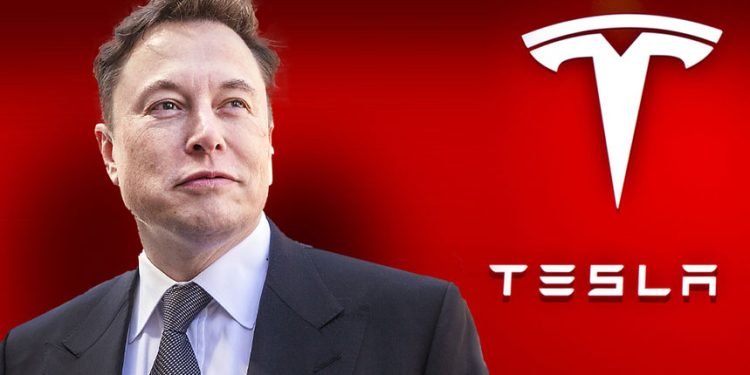Tesla, the electric vehicle (EV) pioneer led by the ever-controversial Elon Musk, has hit a rough patch. The company recently reported a nearly 9% year-over-year decline in global deliveries for the first quarter of 2024, raising concerns about both Tesla’s future and the broader EV market.
Falling Short: The company managed to deliver 386,810 vehicles during the first three months of the year, falling short of analyst expectations and marking Tesla’s first year-on-year quarterly sales decline in almost four years. Tesla attributed the slump partly to disruptions in shipping and a factory fire in Berlin, but analysts suggest other factors may be at play.
Increased Competition: The EV market is becoming increasingly crowded, with established automakers like Ford and General Motors investing heavily in electric vehicle development. This growing competition could be eroding Tesla’s market share, particularly in the crucial mid-range sedan segment.
Musk’s Shadow: Elon Musk’s recent behavior, including his controversial Twitter acquisition and erratic pronouncements, may be alienating some consumers. Additionally, Tesla’s reliance on Musk’s larger-than-life persona could be a double-edged sword.
“Unmitigated Disaster” for Musk: Financial analysts and industry commentators have used harsh words to describe Tesla’s performance. Some have labeled the sales slump an “unmitigated disaster” for Musk, raising questions about his leadership and Tesla’s ability to maintain its market dominance.
Looking Ahead: Tesla remains a major player in the EV market, but this sales decline is a wake-up call. The company needs to address production bottlenecks, adapt to a more competitive landscape, and potentially recalibrate its messaging under Musk’s leadership. It’s too early to say if this is a temporary blip or a sign of more significant challenges for Tesla. However, one thing is certain: the electric vehicle revolution is no longer a one-horse race, and Tesla will need to innovate and adapt to stay ahead.























